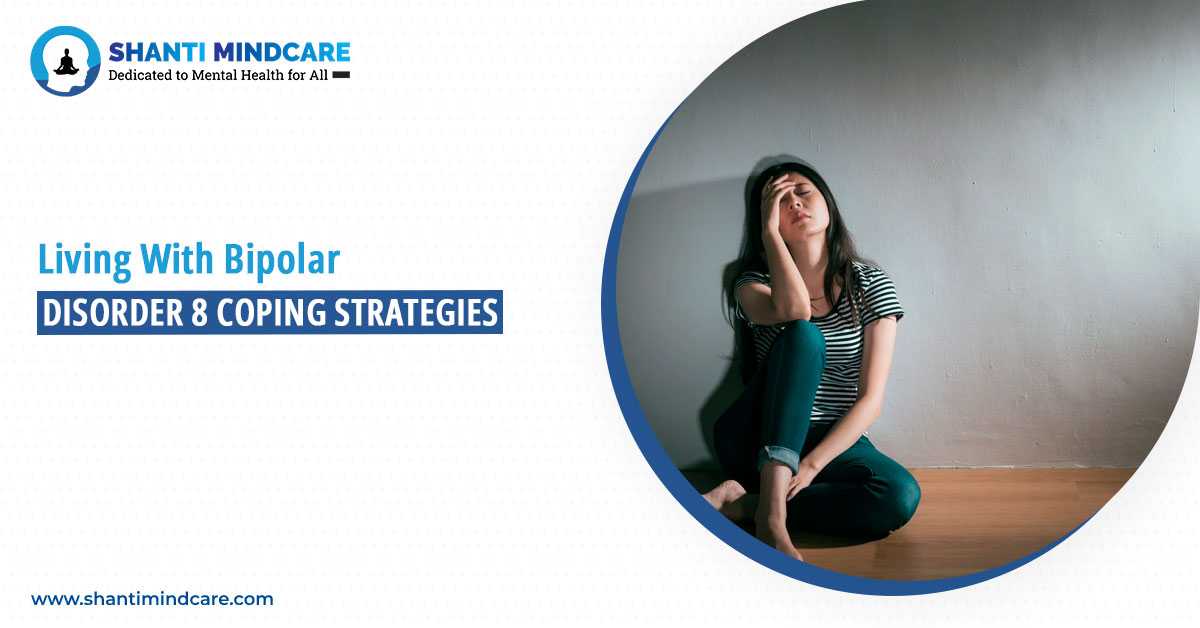Living with bipolar disorder can be an extremely challenging journey as it not only affects mental health but will also hinder one’s physical wellness. The ups and downs of mood swings can put an obstacle in everyday life, making it extremely challenging to maintain careers, relationships and overall well-being. However, with the tailored and right coping strategies, individuals with these challenges can manage their symptoms and live and more healthy and fulfilling life.
Seeking advice and care from the best psychiatric nursing home in Siliguri can be extremely beneficial as they can offer tailored approaches and guidance to tackle these issues more efficiently. Specialised care from an expert can aid individuals in navigating their issues and provide the care required to stabilize mood swings.
Understanding Bipolar Disorder
Bipolar disorder also identified as manic depression is a life-threatening mental health condition that causes unusual and intense mood swings. The individual may have to go through highs and lows which can continue for a few days or months if proper care and attention is not provided. Apart from that, the individual may experience isolated episodes of mania and depression and these episodes may fluctuate rapidly even several times within a week. Such constant mood swings can result in unpredictable behavior and an absence of control over the situation of one’s emotions. It is extremely crucial for individuals to identify the symptoms early on and seek immediate care from the trusted Psychiatric hospital in Siliguri for optimal outcomes.
8 Effective coping strategies to manage Bipolar Disorder
1. Stick to a Routine:
Establishing a healthy routine plays a significant role in stabilizing constant mood fluctuations. Consistency and discipline in meals, sleep, and daily activities can aid in creating a sense of order that prevents feelings of chaos or other mental health conditions like self-doubt or overthinking. People with bipolar disorder should strive for consistent sleep routines and avoid unpredictable schedules that may set off episodes.
2. Medication Management:
Medication plays a crucial role when it comes to managing bipolar disorder. The psychiatric hospital in Siliguri provides holistic treatment approaches that include medication and lifestyle modifications in order to balance mood fluctuations. Consulting with a seasoned psychiatrist ensures that individuals receive the proper medication and dosage tailored to their unique needs.
3. Regular Exercise:
Regular physical activity is known to mitigate symptoms like depression and anxiety. Indulging in regular physical activity increases the release of endorphins that elevate mood and help stabilize sleep cycles, which is extremely crucial for individuals who have bipolar disorder. Even a small amount of regular exercise can enhance cognitive function and emotional stability.
4. Engage in Therapy:
Therapy, particularly one of the most well-known Cognitive Behavioural Therapy is an extremely vital tool when it comes to managing conditions like bipolar disorder. Working closely with a seasoned therapist provides individuals with various effective coping strategies to handle challenging situations more effectively. Also, tailored therapy from the trusted Psychiatric hospital in Siliguri helps address various psychological and emotional challenges that come with the disorder.
5. Build a Support Network:
Having a strong support system of friends, family, or support groups can make a huge positive difference in one’s mental and physical health. Open and clear communication with loved ones ensures that those individuals with bipolar disorder feel heard, understood, and less isolated. Support groups particularly those focused on mental health and wellness can offer a sense of community.
6. Avoid Triggers:
Bipolar episodes can be triggered by various factors such as sleep disruption, stress, or substance abuse. Identifying and avoiding triggers can aid prevent constant mood fluctuations from becoming extreme and overwhelming. Lifestyle modifications like setting healthy boundaries and reducing stress can have a significant impact on maintaining emotional well-being.
7. Practice Mindfulness:
Mindfulness and meditation technique plays a crucial role in aiding individuals to stay in the present moment and alleviate anxiety and stress. Various practices such as yoga, and deep breathing can offer relaxation that can be extremely beneficial in enhancing overall mental health. Mindfulness encourages a calm approach to challenging emotions, allowing individuals to navigate their moods more effectively.
8. Prioritize Self-Care:
Self-care and love are extremely important when it comes to managing condition like Bipolar disorder. Taking quality time for relaxation, hobbies and personal interest helps promote emotional and mental wellbeing. Furthermore, focusing on self-care routines, such as eating well, practicing good hygiene, and setting aside time for yourself, can boost mental health.
CONCLUSION
To conclude, managing bipolar disorder involves both professional assistance and personal coping mechanisms. For individuals seeking the best psychiatric hospital in Siliguri, identifying a facility that focuses on personalized care and support can play a vital role in managing the condition successfully.
Incorporating strategies like therapy, medication exercise, and building strong support groups can aid individuals with various mental health conditions to lead a healthier, productive, and stable life. Tailored guidance from healthcare experts and maintaining a steady routine are extremely crucial for accomplishing long-term stability in managing the condition.






